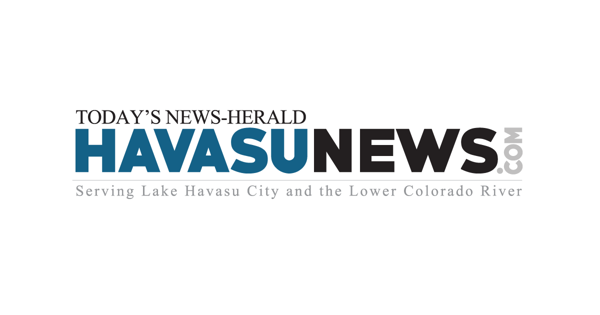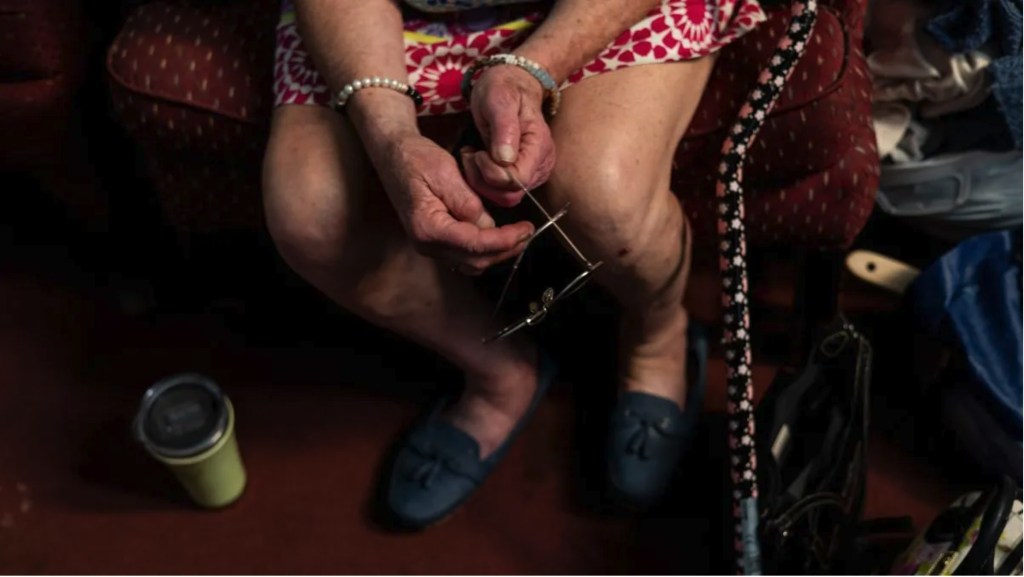The United States government is once again on the brink of a shutdown, primarily due to a deadlock between the Republican and Democratic parties over essential funding for health programs. Without immediate congressional action, subsidies critical to many citizens’ healthcare will expire, significantly increasing medical insurance costs for their constituents. This situation has heightened tensions as both parties remain firm in their positions.
The current standoff has resulted in many federal employees, including vital personnel such as air traffic controllers, working without pay. Some have already lost their jobs due to the shutdown, which has raised concerns about the operational capacity of essential services. Meanwhile, members of Congress continue to receive their salaries, despite their inability to resolve the impasse. This discrepancy has drawn criticism from various quarters, as it highlights the disconnect between lawmakers and the citizens affected by their decisions.
As the shutdown looms, the implications for the U.S. economy and public services become increasingly concerning. According to estimates, a prolonged shutdown could lead to billions of dollars in economic losses, affecting everything from government contracts to public safety. The inability to fund critical health programs could also result in millions losing access to necessary medical services, raising questions about the government’s role in providing for its citizens.
The Republican leadership has expressed indifference to the potential consequences of the shutdown, arguing that they are prioritizing budgetary restraint. Conversely, Democrats are emphasizing the need for funding to protect essential services and safeguard health programs relied upon by millions. This ongoing conflict reflects deeper ideological divides within Congress, as both parties grapple with their responsibilities to their constituents.
The situation remains fluid, with discussions ongoing. The urgency for a resolution is palpable, as the pressure mounts not only from constituents but also from advocacy groups concerned about the impact of a shutdown on public health and welfare. As the deadline approaches, stakeholders are calling for a bipartisan effort to avert a crisis that could have far-reaching consequences for the nation.
In summary, the potential government shutdown serves as a stark reminder of the challenges facing U.S. lawmakers. As the clock ticks down, the hope is for a compromise that prioritizes the welfare of the American public over partisan disagreements.







